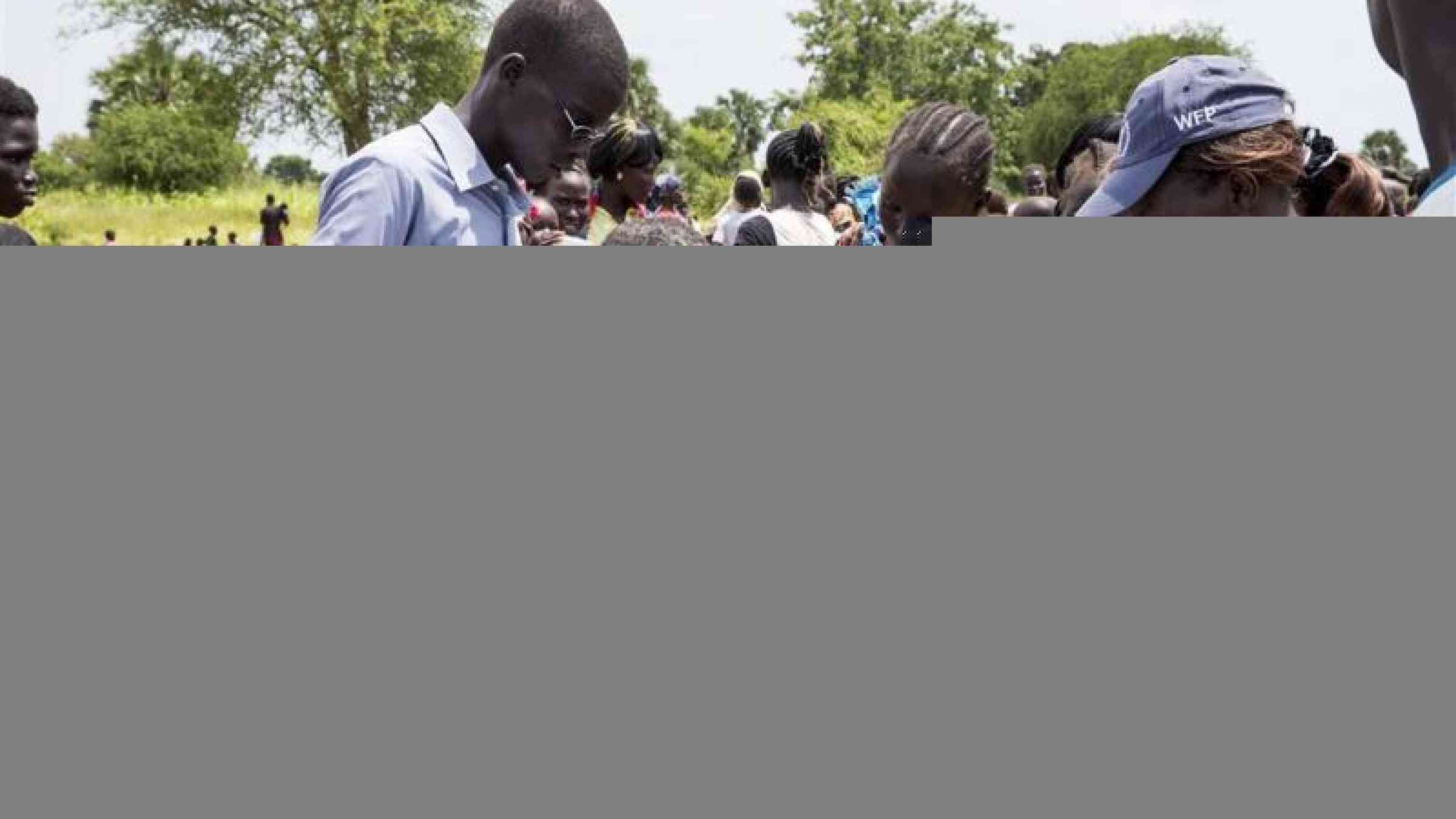Collective amnesia in famine response and resilience-building

By Suresh Babu, Head of Capacity Strengthening at the International Food Policy Research Institute (IFPRI), a research center of CGIAR
WASHINGTON DC, May 4 2017 (IPS) - The emerging drought-induced humanitarian crisis—prevailing in countries from Niger in West Africa to Somalia in East Africa—and conflict-driven famine conditions in South Sudan, Somalia, and Northeast Nigeria, have become a regular phenomenon.
Even though these food crises can be prevented, they persistently arise due to the development community’s collective amnesia on what has worked and what has not in famine response, recovery, and resilience-building.
We know countries that have constructed robust policies, institutions, and food systems capable of withstanding natural and human-induced shocks fare better than those with weak systems, but approaches to development haven’t changed to reflect this knowledge.
A new approach to drought response and famine recovery must involve building durable systems at various levels. By creating strong systems for implementing policies, building institutions, and growing and delivering food, countries can prevent the most deleterious effects of frequent shocks, and also have the capability to bounce back quickly to a normal development process.
Currently a large segment of population—close to 20 million—faces starvation and possible death. Following the declaration of drought and national emergencies, country governments and international organizations have begun their usual response routine: identifying the vulnerable population, estimating the emergency aid needs, and planning the associated workshops and conferences.
While all these activities are a necessary part of famine response and recovery, it remains a puzzle as to why we keep “reinventing the wheel” to address a challenge that has long been part of the development process. Today, climate change is finally forcing policy makers to rethink their response paradigm: from “relief and development” to “relief to resilient food systems.”
[...]